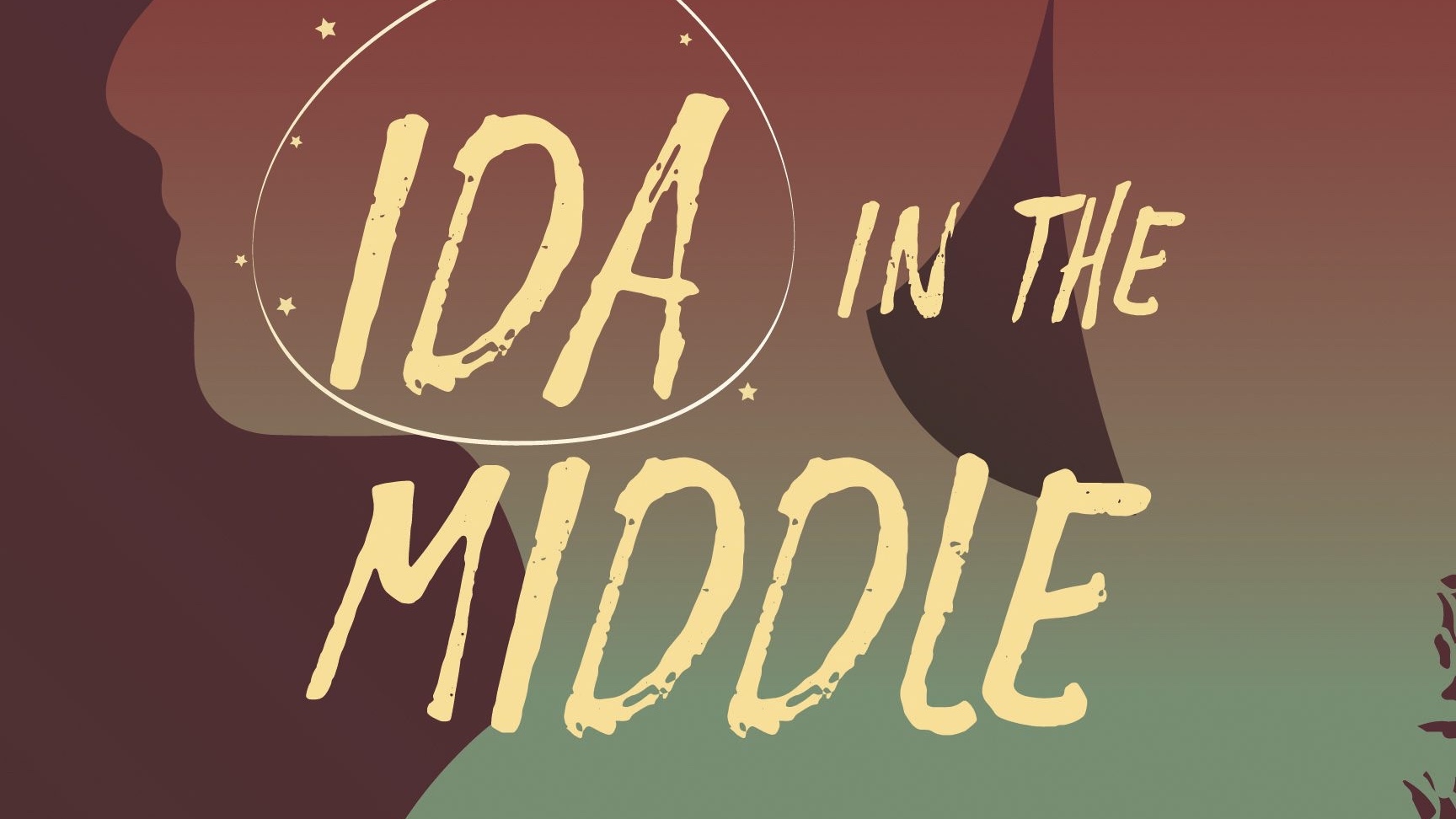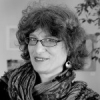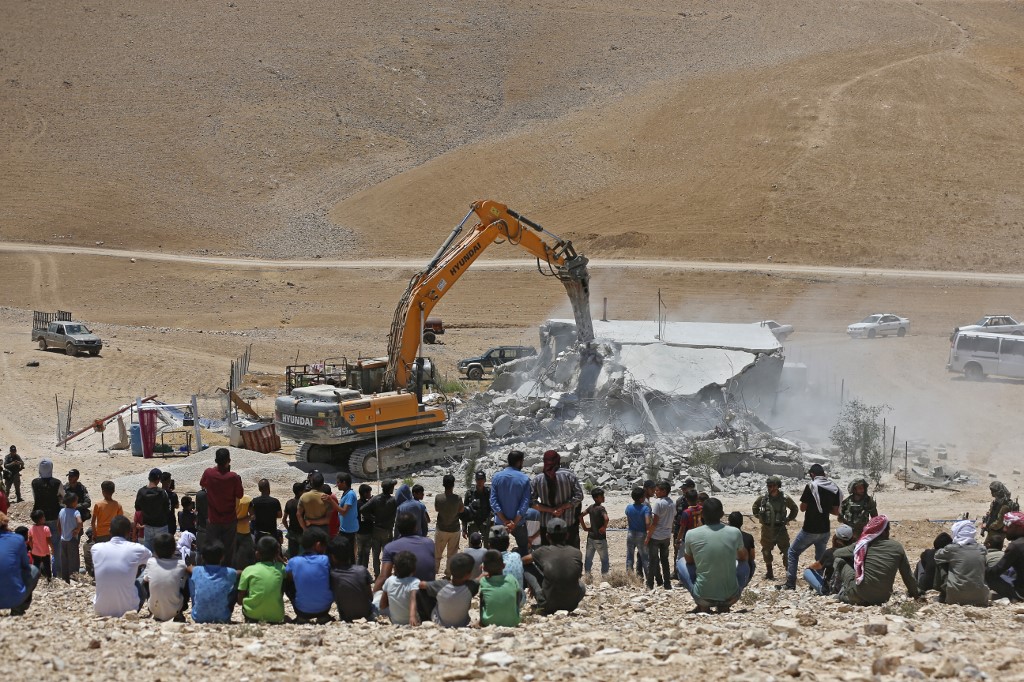YA Arab American novels: Bringing Palestine into our fictional world

One of the courses I regularly teach at my university is “Introduction to Arab American Studies”. Most students take it because it fulfils one of the university's “diversity” requirements, not because they are invested in the topic.
We get to read about the strong sense of community that sustains Palestinians as they navigate life in these extremely difficult circumstances
For me, the course is a window into mainstream America’s glaring lack of exposure to any Arab-American issues in the K-12 curriculum. It has been sobering to realise that most Americans can go through their entire school education without reading a single novel, or social studies chapter, about the diverse Arab American communities that are part of the fabric of broader American society.
For most of my students, there are Arabs - swarthy foreigners living in inhospitable countries half a world away - but no Arab Americans; the doctors, teachers, cab drivers, grocery store owners and neighbours who may live next door to them.
They have even less awareness of the effects of US foreign policy in the Middle East and the experiences and stories this policy shapes among immigrants from these communities.
What it means to belong
New MEE newsletter: Jerusalem Dispatch
Sign up to get the latest insights and analysis on Israel-Palestine, alongside Turkey Unpacked and other MEE newsletters
A new young adult novel, Ida in the Middle, by Nora Lester Murad, explores the deeply unsettling feeling that members of these communities' experience, as they are told in both subtle and overt ways that they do not belong in the United States, even when it is the only country they have ever known.
In this debut novel for Murad, Ida, a bashful Palestinian American teenager, is dreading the final class project: discussing her “passion” with the rest of the class.
Her anxiety skyrockets when the school principal informs her that she will be representing her school in this eighth-grade capstone for the entire region.
She is terrified at the thought that someone in the audience will shout out “terrorist” as she ascends to the stage, just as someone had scribbled that insult on her school desk. Home alone one afternoon, as she worries yet again about that presentation, she reaches for her comfort food, green olives sent by her aunt all the way from Palestine.
Olives, as every Palestinian knows, are not just a savoury snack; they encapsulate our culture in each dense nugget. When they are cured by a favourite aunt, they can have magic powers. As she eats the olives, Ida is transported to her parents’ village, Busala, just outside Jerusalem, where she immediately feels at home.
In this alternate reality, her parents have never left Palestine, and she has grown up with feelings of belonging amid kids who look like her, speak Arabic, and can pronounce her name correctly: ‘Aida, with an ‘ayn.
But life in Busala is also unpredictable, scary, and dangerous because of Israel's occupation. Here, Murad skilfully weaves the narrative between Ida’s fantasy and the all-too-real events of life under occupation, as Ida has to brave Israeli military raids, curfews, and home demolitions.
We get to read about the strong sense of community that sustains Palestinians as they navigate life in these extremely difficult circumstances. We witness the immense courage of Palestinian children - including Ida herself - as they dodge the occupation forces; and we hear discussions about survival and resistance, including the Boycott, Divestment, and Sanctions (BDS) movement.
There are some exhilarating moments, such as when Ida carries a terrified three-year-old boy to safety, telling him his name, Faris, means “knight,” and that he is their leader, while he explains that her name means “Returning,” and he knows she will not leave him behind, as she scouts their whereabouts for a safe path home.
And there are heartbreaking moments, as when Ida watches Israeli bulldozers demolish her friend Layla’s family home. This experience transforms Ida and, after having eaten more green olives, she is transported back to Boston, where she gives an impassioned presentation about the hardships that Palestinians endure under Israel’s settler colonialism.
A resource for educators
As I put down the novel, I went over to the website that accompanies it, and where Murad, a longtime educator, has compiled a wealth of useful teaching resources. Murad addresses questions that other educators may have as they teach a novel about Palestine, linking to dozens of websites categorised by who compiled them (e.g. librarians, the Institute for Palestine Studies, the Middle East Children’s Alliance, and many more).
There are lesson plans, Palestine-centric resources, resources about the Middle East and Muslim issues, and more valuable information than any book review can do justice to, all superbly organised and easy to navigate.
In his endorsement of the book, publisher Michel Moushabeck wrote: “I have been waiting for this YA novel to be written since I founded Interlink 35 years ago.”
As for me, I can enthusiastically say this is the resource website I’ve been waiting for. But please don’t take my word for it, explore it for yourselves. Whatever your level of knowledge about Palestine, there will be something for you there.
A seasoned activist, Murad knows there will be pushback against her novel. Ida in the Middle reminded me of Ann Laurel Carter’s The Shepherd’s Granddaughter about a young girl whose family home near Hebron is being threatened by encroaching Jewish settlements. The book won eight awards, including the Canadian Library Association Book of the Year Award for Children, and the Society of School Librarians International Best Book Award.
But the Zionist advocacy group B’nai B’rith objected to what it described as its “anti-Israel propaganda”, and the novel has not been included in any Canadian school curriculum.
Will Ida in the Middle suffer a similar fate because it mentions Israel’s demolitions of Palestinian homes - an absolute reality, yet one of Israel’s many crimes that are apparently taboo in American discourse?
Pushing back
Murad was a speaker on the Boston Book Festival panel "Pushing Back Against the Pushback: Uplifting Marginalised Books for Young People in an Age of Censorship", where she addressed the importance of assigning such novels in literature or social studies classes across the US, a topic she also discusses on the book's website.
On the FAQ page, the author addresses her identity as someone who was not born Palestinian. One of the questions she answers is: "You’re not Palestinian, shouldn’t people read books written by Palestinians?"
Her answer is an unequivocal "Yes", and she lists some of the Palestinian authors she recommends: for children, Randa Abdel-Fattah, Ibtisam Barakat, Ahlam Bsharat, Susan Muaddi Darraj, Sonia Nimr, Naomi Shihab Nye, and Wafa Shami, among others.
For adults, some prominent fiction and non-fiction writers available in English are Susan Abulhawa, Hala Alayan, Ghassan Kanafani, Sahar Khalifeh, Edward Said, Adania Shibli, among many, many others.
Educators have no excuse not to assign the wonderful books available to them about young Arab Americans
Murad herself is married to a Palestinian, lived in Palestine for 14 years, and mothered three Palestinian girls. Her sensitive portrayal of Ida is certainly that of a loving parent, steeped in Palestinian culture not as a tourist, but as an engaged member of a Palestinian family.
Given her background, it is perhaps not a coincidence that the protagonist in Murad’s novel, like Susan Muaddi Darraj’s fabulous series, Farah Rocks, and The Shepherd’s Granddaughter, is a young girl, rather than a boy.
Certainly, girls need all the empowerment they can get in our exceedingly misogynist, patriarchal world, and these books offer that needed boost. However, my wish is for the next YA novel about a Palestinian American child to feature a boy, even as I fully appreciate the present offerings, and would welcome more.
But a lack of narratives around young boys being sensitive, caring, or protective of their friends and siblings could inadvertently risk perpetuating the myth that Palestinian girls are redeemable, while Palestinian boys are always dangerous.
For now, however, educators have no excuse not to assign the wonderful books available to them about young Arab Americans. And with the holidays fast approaching, everyone can push back against censorship by gifting precisely those novels that artfully inject our cultural and political experiences into the broader American landscape.
The views expressed in this article belong to the author and do not necessarily reflect the editorial policy of Middle East Eye.
Middle East Eye delivers independent and unrivalled coverage and analysis of the Middle East, North Africa and beyond. To learn more about republishing this content and the associated fees, please fill out this form. More about MEE can be found here.








